In Japan, there is a system that is very helpful when you are in need. It is the welfare system. Moreover, even foreigners can receive this welfare. In this article, I will explain about this welfare system.
- What is provided by welfare?
- There are nine major types of assistance in the welfare system
- Unable to make use of assets such as their own house or private car
- Can’t find any relatives or other people who can support you; No other relations who I can depend on
- Unable to use their abilities, such as being unable to work even if they wanted to;
- There is no applicable public system other than public assistance
- Applying for Public Assistance
- How to help with the application for welfare
- The problem of illegal receipt of welfare
What is provided by welfare?
Public assistance is a system that provides necessary protection to those who are still in need even after utilizing all of their assets and abilities, according to the degree of need, to ensure a healthy and cultured minimum standard of living, and to promote their independence. The system is designed to ensure a healthy, cultural and minimum standard of living and promote self-reliance.
There are nine major types of assistance in the welfare system
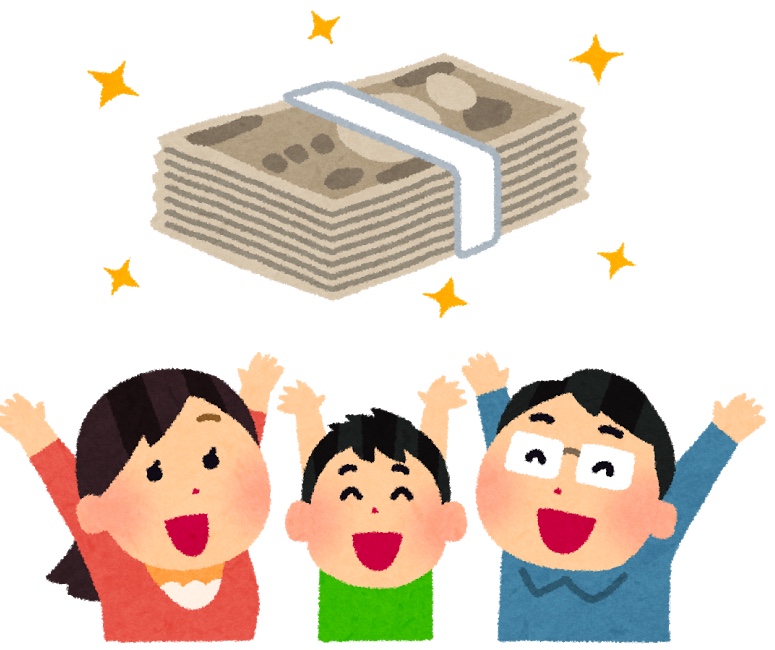
- Lifestyle assistance: meals, utilities, telephone and entertainment expenses for daily living.
- Vocational assistance – such as support for employment, tuition fees for children at school, and other expenses to acquire skills for employment.
- Housing assistance – rent, land rent, house repairs and renewal, moving expenses.
- Medical aid – expenses for receiving medical treatment for illness or injury, hospital visit expenses.
- Temporary assistance – expenses for moving into an apartment according to the situation.
- Nursing care assistance – expenses for receiving nursing care services.
- Education assistance – expenses for compulsory education for children such as class fees, teaching materials, and school meals.
- Childbirth assistance -expenses for childbirth at a hospital or midwifery facility.
- Funeral assistance – expenses for funeral, burial, etc.
In addition to the above, if you need funds for sudden expenses, it is possible to receive temporary assistance separately.
For example, if you need money for repairs or hospitalization in the event of a disaster, you can receive protection money within the standard amount separately from your monthly welfare.
Qualifications for Receiving Public Assistance
Foreigners are eligible to receive public assistance if they are permanent residents, spouses of permanent residents, spouses of Japanese nationals, permanent residents, special permanent residents, or those with refugee status.
The following conditions must also be met:
- Unable to make use of assets such as their own house or private car
- Can’t find any relatives or other people who can support you; No other relations who I can depend on.
- Unable to use their abilities, such as being unable to work even if they wanted to;
- There is no applicable public system other than public assistance
Unable to make use of assets such as their own house or private car
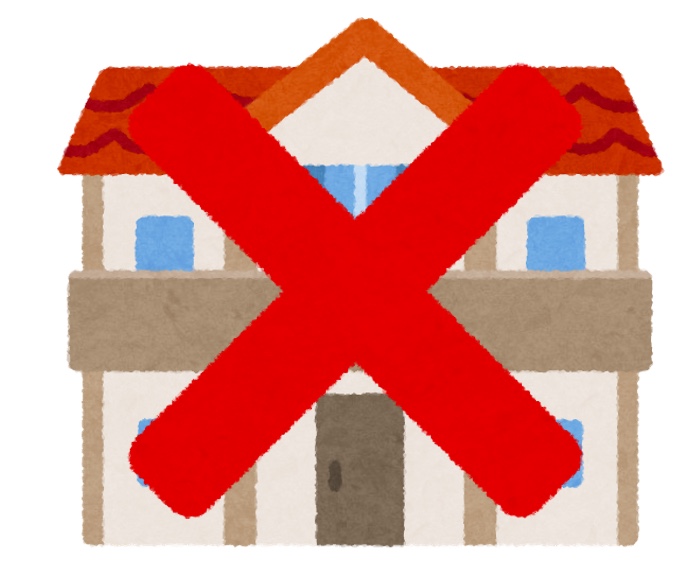
The Public Assistance Law requires the use of assets for the purpose of maintaining a “minimum standard of living”. If you have assets that can be sold to pay for living expenses, you will not be able to receive welfare benefits. First, you will be asked if you can sell your assets and use them for living expenses.
The assets that are required to be sold at this time are as follows.
As a general rule, you are not allowed to own your own car. The use of public transportation is basically recommended for commuting. However, if a car is absolutely necessary for daily life, ownership may be permitted as an exception. For details, see below.
Motorcycles with a total displacement of more than 125cc are required to be sold and used for living expenses in the same way as automobiles.
You are allowed to own land and houses that are minimally necessary for living. However, even owner-occupied houses must be sold if they are deemed to have high disposal value.
Private insurance policies with high surrender value, such as whole life insurance and private pension insurance, are required to be sold. This is because they can be used as living expenses. (You can hold on to non-refundable medical insurance. For example, precious metals are not necessary for a minimum standard of living, so they should be sold and used for living expenses.
Can’t find any relatives or other people who can support you; No other relations who I can depend on

If you are unable to receive financial support from your relatives, you can receive public assistance. On the other hand, if a relative provides financial support, the person will either not be able to receive public assistance or the amount of money provided by public assistance will be reduced by that amount.
The scope of eligible relatives is as follows:
- Spouse
- Immediate relatives, such as parents, children, grandchildren, and grandparents.
- Brothers and sisters
- Other relatives who are currently providing support
- Other relatives within the third degree of kinship are eligible.
At the time of screening to determine whether or not to implement public assistance, the relevant relatives will be asked if they can provide financial support to the subject (“dependency inquiry”).
However, if any of the following conditions apply, and it is judged that it is difficult to support the subject in the first place, a dependency inquiry will not be made.
- When it is impossible to support the subject due to reasons such as institutionalization or old age (over 70).
- If there is a disconnection between the subject and the person in question due to a conflict over inheritance, etc.
- When it is recognized that the subject’s independence is hindered due to violence or abuse.
Some people, especially mothers and children who have escaped from their husbands’ domestic violence, may not want a support inquiry to be made.
In such a case, if you explain the situation at the time of screening, they will skip the dependency inquiry.
Unable to use their abilities, such as being unable to work even if they wanted to;
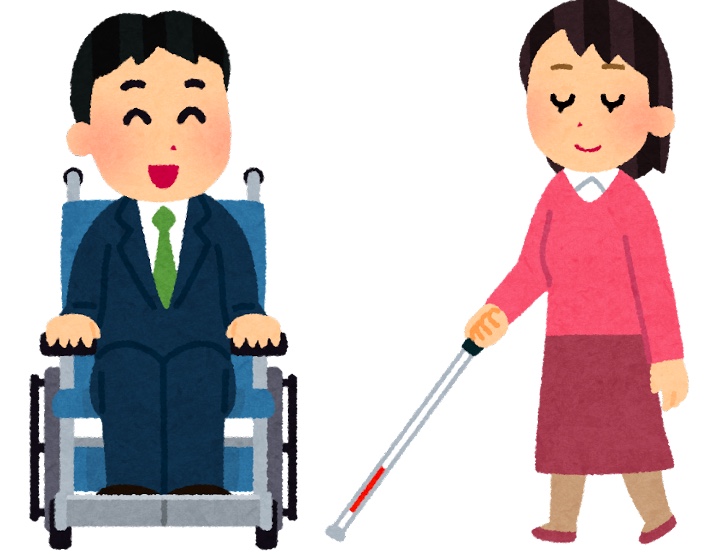
People who are currently working and can earn enough money to live on are not eligible to receive public assistance. This is because they are considered to be able to maintain a minimum standard of living on their own income without receiving welfare. The welfare system is intended for those who want to work but cannot, or those who work but cannot earn enough money to live on.
For those who fall into these categories, public assistance guarantees a minimum standard of living. To be more specific, the following people are eligible to receive public assistance Those who are working but have extremely low income. If you are working but your income is so low that it is insufficient to meet the minimum standard of living, you will be eligible for public assistance, and the public assistance will provide assistance for the shortfall.
The minimum cost of living varies depending on where you live and the number of people in your household. The details will be explained later. Unable to work due to illness, injury, or old age. If you are unable to work due to illness, injury, disability, or old age, you may be able to receive public assistance.
In addition to this, single mothers who have children who need to be taken care of due to disabilities may be able to receive public assistance if they have reasons for not being able to work.
There is no applicable public system other than public assistance
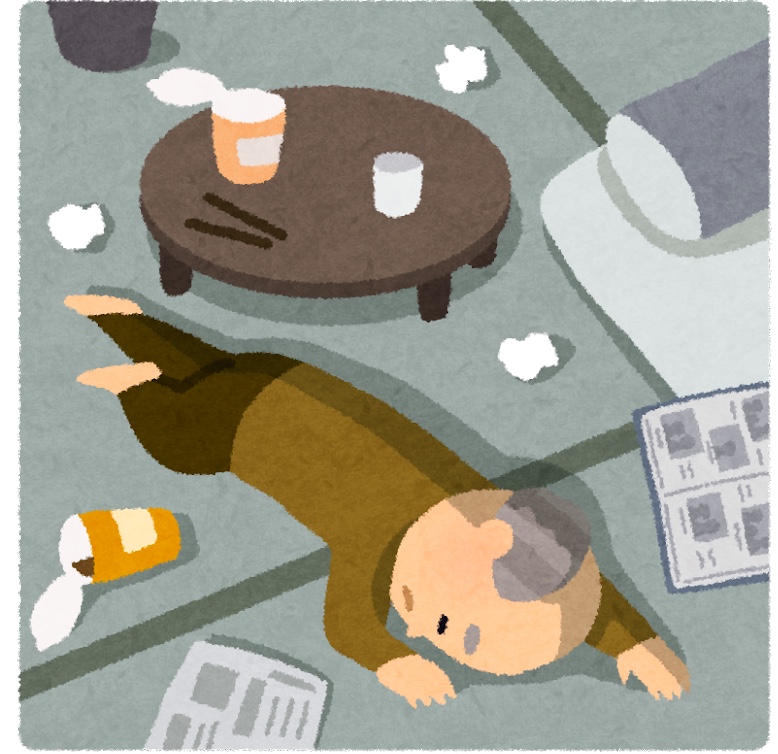
Welfare is not the only financial aid available from the government for people in financial trouble.
Welfare is only a last resort, and if other assistance is available, it should be given priority.
Some examples of financial assistance that can replace welfare include the following:
Unemployment insurance: This is an insurance benefit from unemployment insurance that people who lose their jobs can receive for a certain period of time. The amount of unemployment insurance is usually 50-80% of the salary you were receiving before you left your job. The amount of unemployment insurance is usually 50-80% of the salary you received before you left your job.
- Old-age pension: A pension for those who are 65 years old or older.
- Survivor’s pension: A pension paid to surviving family members in the event of the death of the breadwinner.
- Workers’ accident compensation insurance: Insurance for injuries and illnesses caused by commuting or accidents at work. If a worker dies due to an accident on the job, it is paid to the bereaved family.
- Disability pension: A pension for those who are unable to work due to disability or illness, or those who are in need. The amount of the pension depends on the degree of disability or illness.
Applying for Public Assistance
In order to receive public assistance, you must first go to a prior consultation, and then formally apply and be screened. Also, be aware that there are things you must do and things you must not do even after you start receiving welfare payments. Here is an explanation of the process from applying for public assistance to receiving the protection money.
Consult with the welfare office
The “welfare office” of each municipality is in charge of welfare applications and consultations.
The welfare office with jurisdiction differs depending on the area you live in, so ask the nearest city hall for the location of the welfare office.
At the welfare office, there is a department in charge of public assistance, so the first step is to go there for a preliminary consultation.
At the preliminary consultation, you will receive an explanation about the welfare system, and you will also consider using other systems such as the “welfare fund.
Applying for public assistance and undergoing a preliminary investigation
No special documents are required to apply for public assistance, but after the application is submitted, the applicant will be screened based on the following preliminary investigation.
- Home visits by caseworkers and others (on-the-spot investigation to ascertain living conditions)
- Investigation to determine if the applicant is able to receive assistance from the person responsible for support
- Investigation to see if the person is able to work
- Survey on the amount of income from pensions, salaries, etc.
- Investigation of assets (savings, insurance, real estate, etc.)
In some cases, you may be required to submit documents in these investigations.
If you pass the examination, you will receive the protection money.
If there are no problems with the screening process, the amount of money obtained by subtracting your income from the aforementioned minimum cost of living will be paid to you every month as protection money. However, welfare is not just about receiving benefits. You are obligated to report your monthly income and undergo a visitation investigation by a caseworker while you are receiving the welfare payment.
If you fail to report your income or visit the caseworker, your welfare may be terminated. Also, those who have the possibility to work need to receive advice and guidance on how to work, so please be sincere.
How to help with the application for welfare
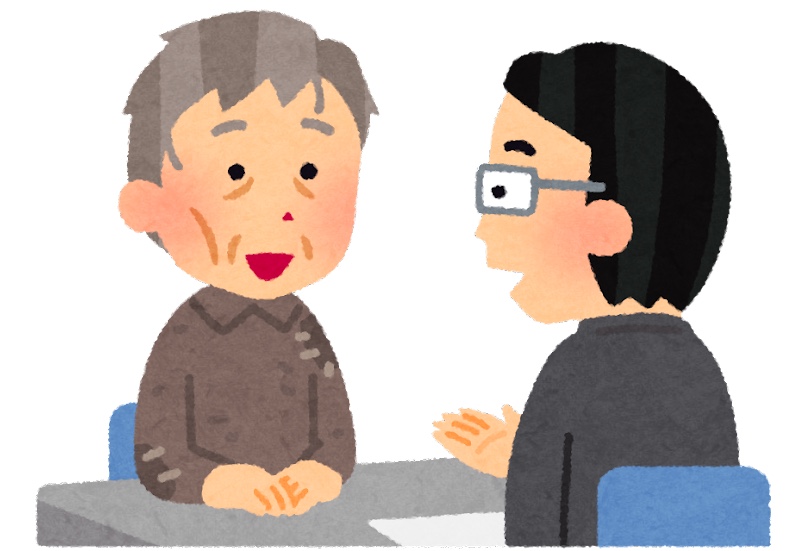
The flow of the process is the way described above, but in reality, it is often difficult to apply because people often refuse to go to the counseling center. Therefore, it is better to prepare an application form from this website in advance and bring it with you.
By the way, the most effective way is to ask for help from your city councilor. By reporting and discussing what the welfare office is doing with the city council members and prefectural government officials by phone, they can guide the welfare office to take proper action.
The city council members want to win votes from the citizens, so even if you and the city council members are not acquainted, they will work for you.
Also, as for the prefectural government officials, they are originally in a position to guide the welfare office, so they will guide the welfare office after receiving your consultation.
The problem of illegal receipt of welfare
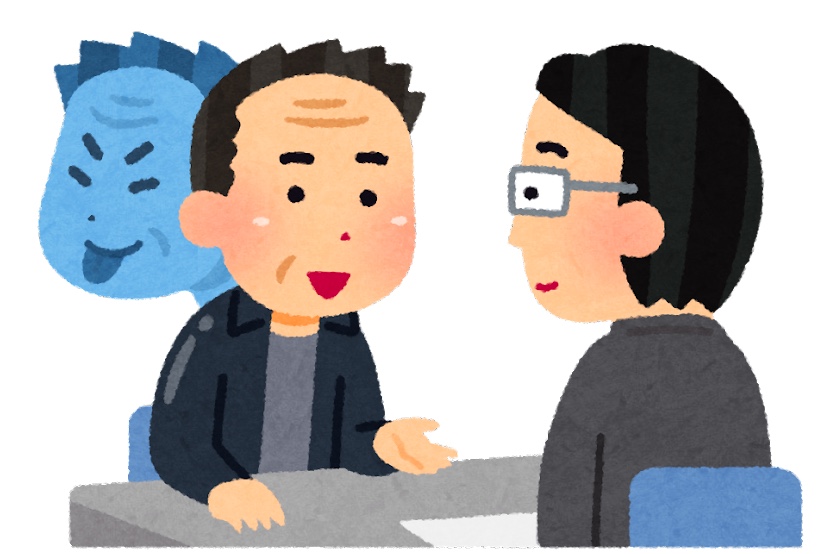
The welfare system is an extremely important system for leading a healthy and cultured life. Unfortunately, however, there are some people who are receiving illegal benefits. There are many ways to receive unfair benefits, but one of the most widely known is to receive unfair benefits due to depression. In this case, a person goes to a psychiatrist, pretends to be a depressed patient, gets a medical certificate, and receives welfare benefits. Since mental illnesses are often self-reported, they are used as a method of receiving illegal benefits. Even if it is not fraudulent, some people use the money for gambling such as pachinko.
Finally, I hope that the welfare system will help people who are really in need. If you are a foreigner who has come to Japan as a refugee, been granted refugee status, and are in need, you may be able to receive public assistance, so please take advantage of it.
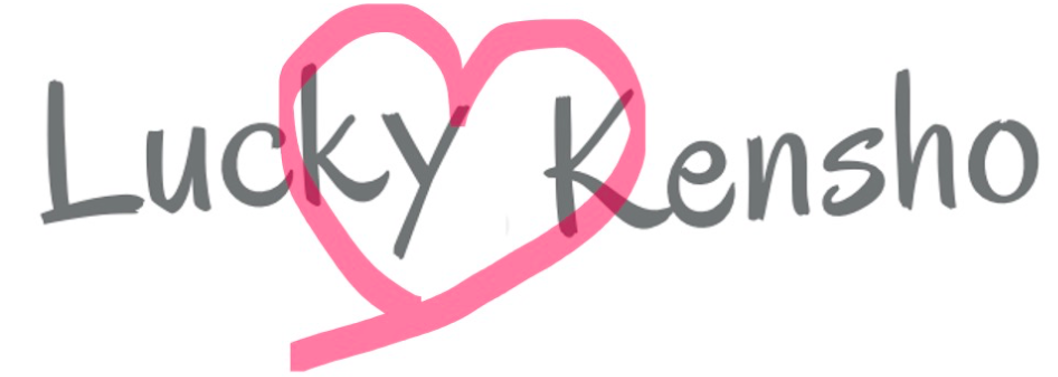
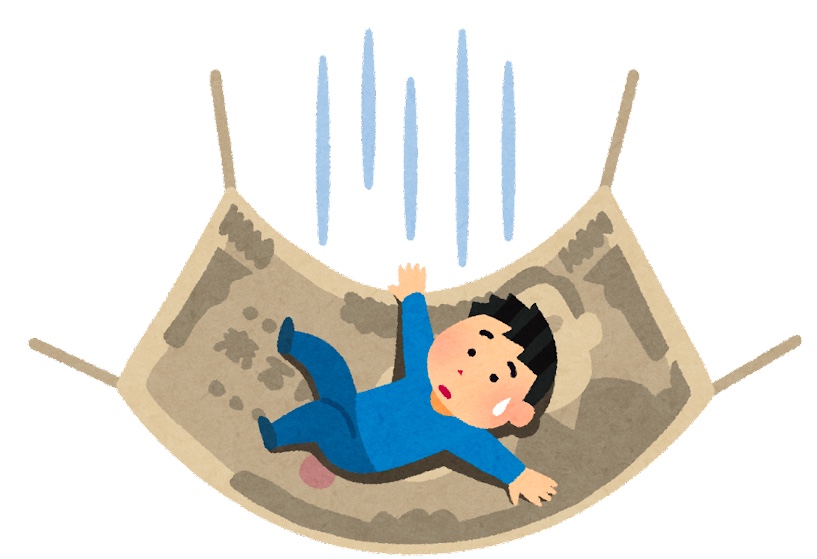


Comments